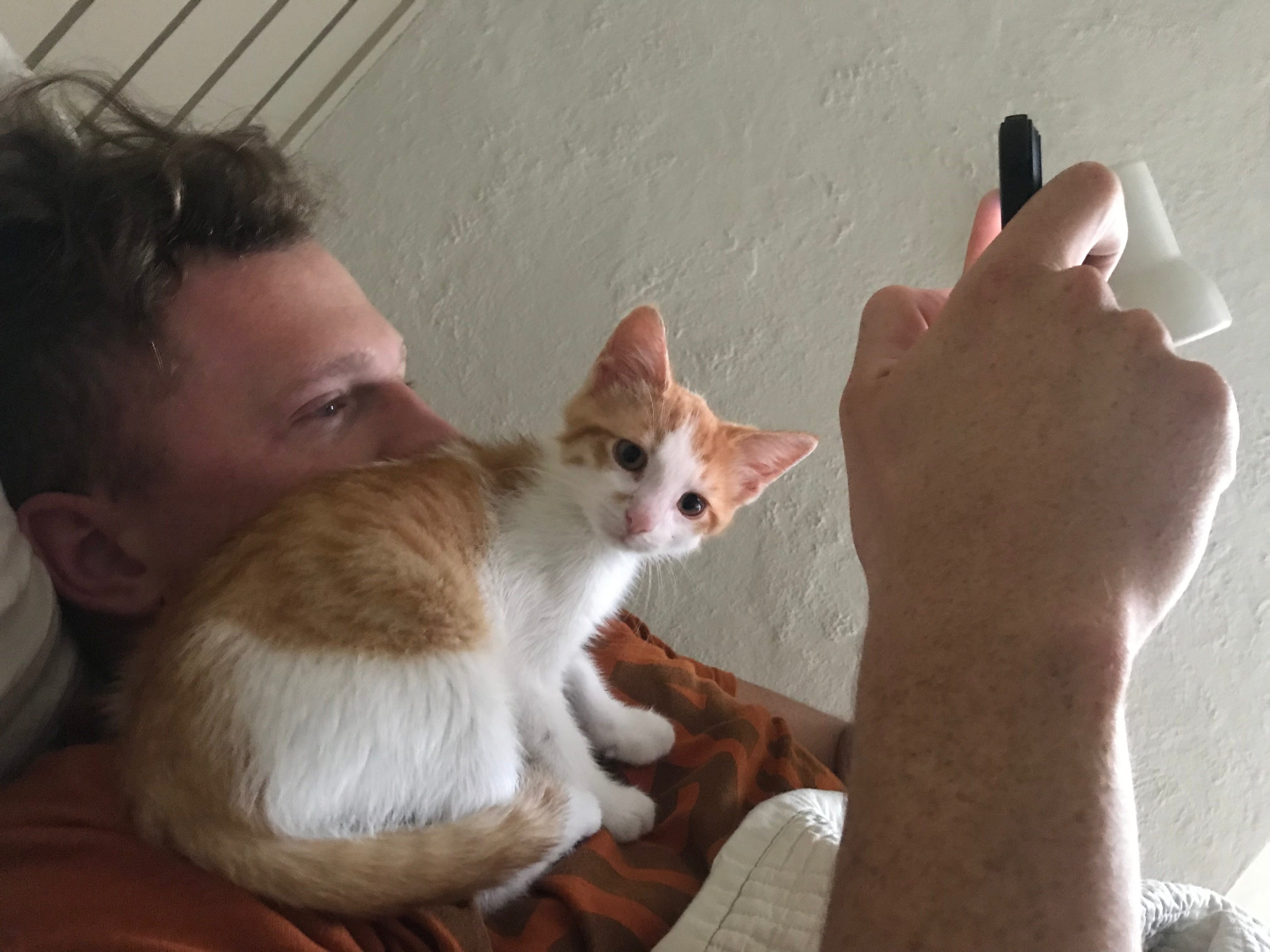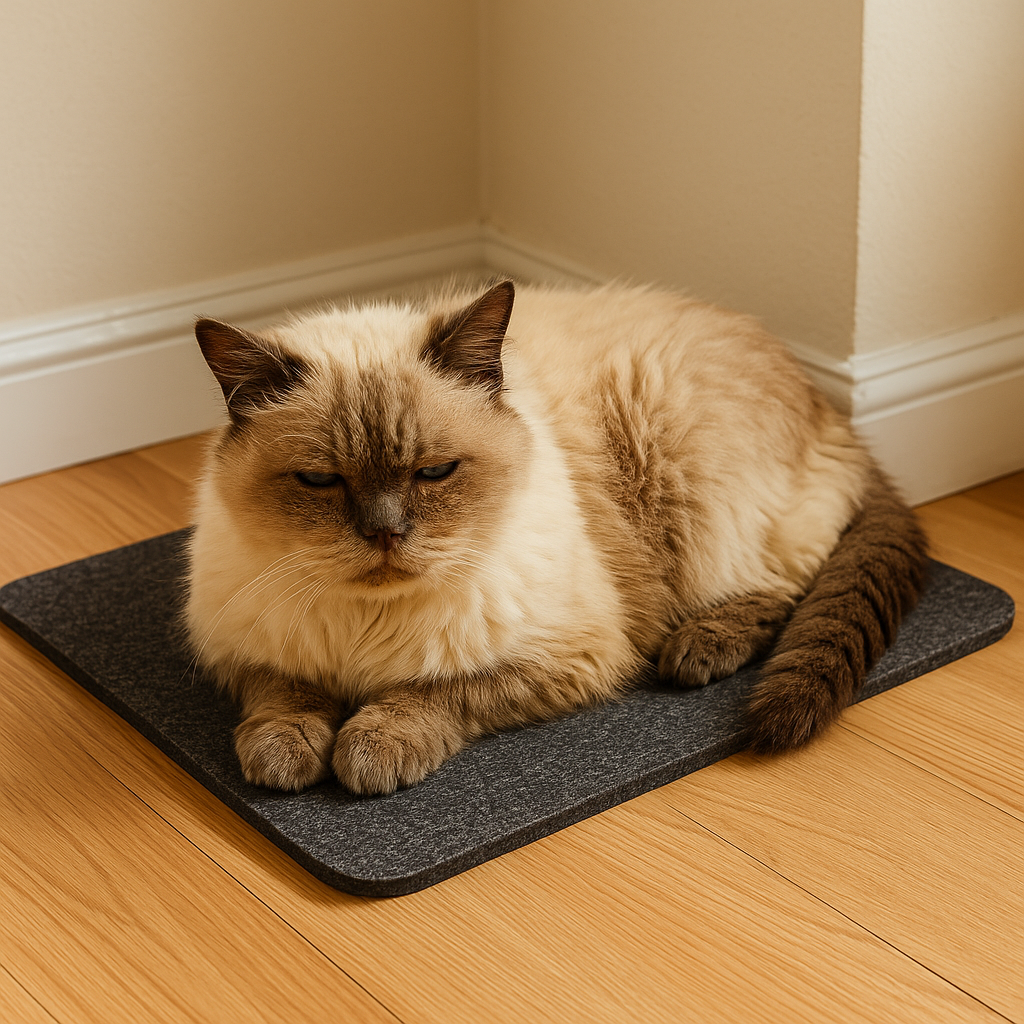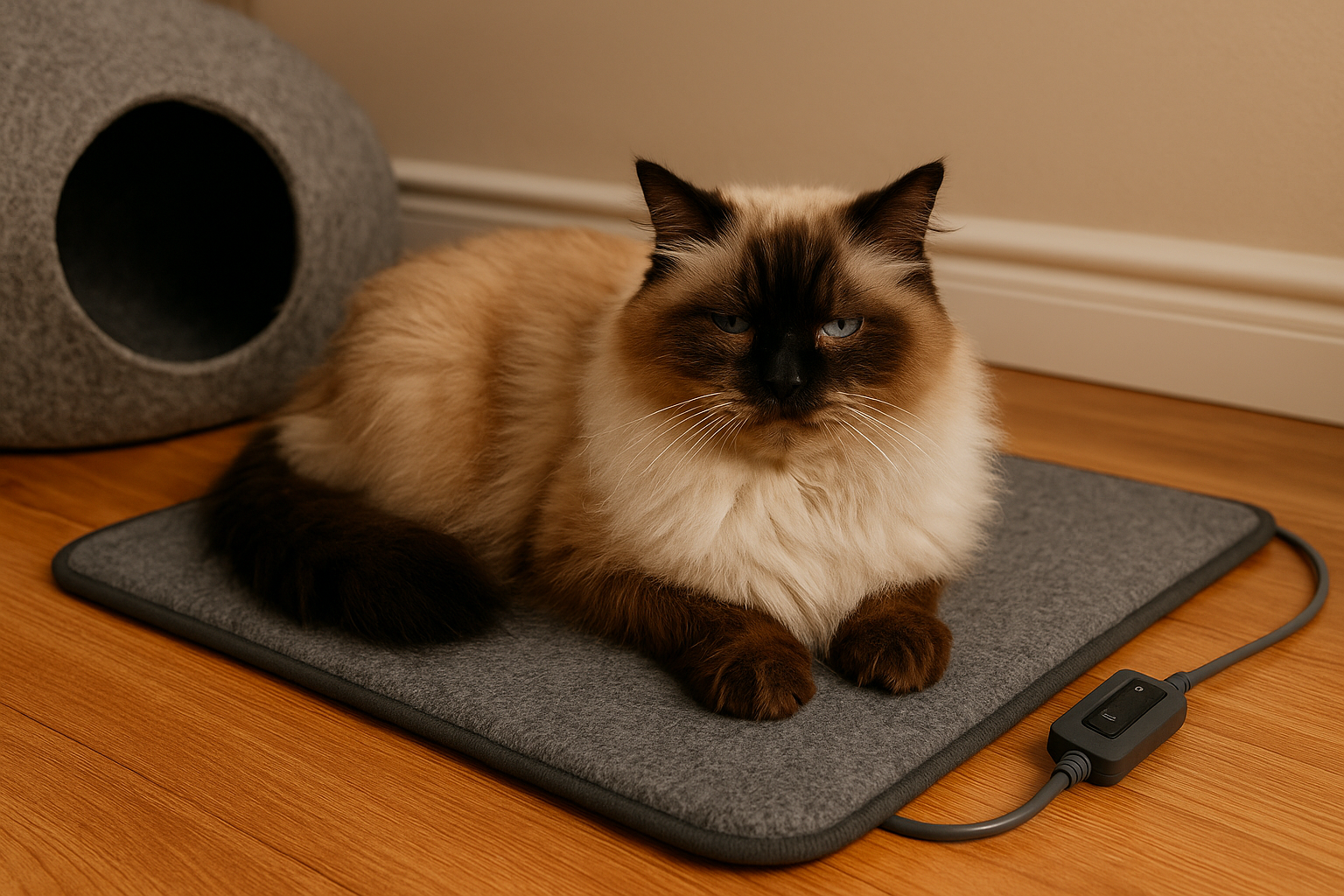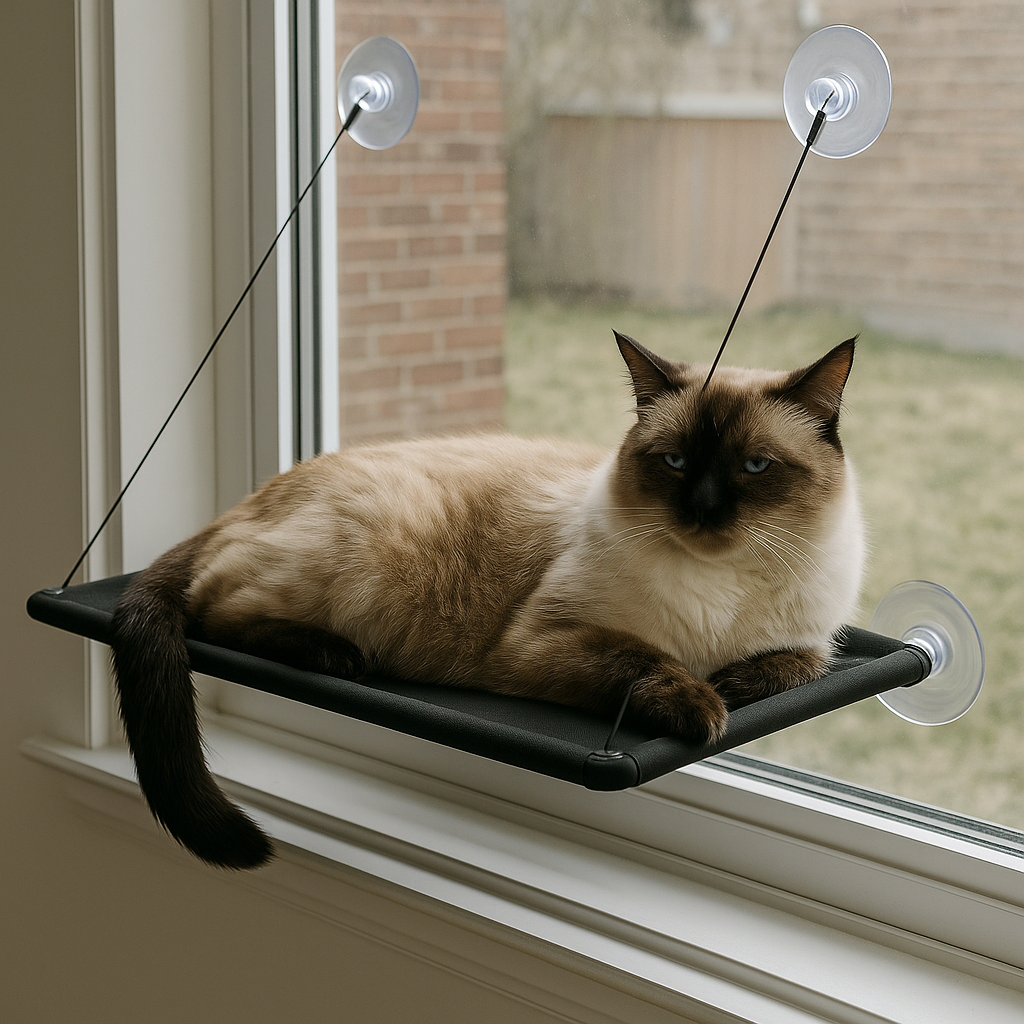Why Cats Vomit 2025: Vet-Approved Guide to Causes & Care 🐱🤢

In this article
Why Cats Vomit 2025: Vet-Approved Guide to Causes & Care 🐱🤢
By Dr. Duncan Houston BVSc
Cats can vomit for many reasons, ranging from harmless hairballs to serious medical conditions. While occasional vomiting may be normal, frequent or severe vomiting can indicate an underlying health issue that needs attention. Understanding the possible causes helps you care for your cat more effectively.
Common Reasons Cats Vomit
1. Hairballs 🐾
Cats groom themselves constantly, and in the process, they swallow loose fur. Over time, this fur can accumulate in the stomach and form hairballs, which irritate the stomach lining and may cause vomiting. Regular brushing and hairball remedies can help reduce this problem.
2. Dietary Indiscretion 🍽️
Cats sometimes eat things they shouldn’t, such as spoiled food, houseplants, or small foreign objects. These items can irritate the gastrointestinal tract or cause blockages, leading to vomiting.
3. Food Allergies or Intolerance 🌾
Some cats have sensitivities or allergies to certain food ingredients, such as grains, dairy, or specific proteins. These sensitivities can result in vomiting, diarrhea, or skin issues. Switching to a hypoallergenic diet may help.
4. Overeating or Eating Too Fast 🥣
Cats that eat large meals too quickly may vomit as their stomach cannot handle the sudden intake. Using slow feeders or splitting meals into smaller portions can prevent this.
5. Gastroenteritis 🦠
Inflammation of the stomach and intestines, often caused by bacteria, viruses, or parasites, can lead to vomiting. Gastroenteritis is usually accompanied by diarrhea, lethargy, and loss of appetite.
6. Poisoning ☠️
Ingesting toxic substances—such as certain plants, cleaning chemicals, or medications not meant for cats—can cause vomiting and other serious symptoms. Immediate veterinary attention is critical in these cases.
7. Pancreatitis 🩺
Inflammation of the pancreas may result in vomiting, abdominal pain, lethargy, and diarrhea. This condition requires prompt veterinary care and dietary management.
8. Kidney or Liver Disease 🧬
Malfunction of the kidneys or liver can lead to toxin buildup in the body, causing vomiting, weakness, and appetite loss. Regular check-ups and blood tests help detect these issues early.
9. Inflammatory Bowel Disease (IBD) 🌿
Chronic inflammation in the gastrointestinal tract can trigger vomiting, diarrhea, and weight loss. IBD is often managed through diet modifications and medications prescribed by a veterinarian.
10. Metabolic Disorders ⚖️
Conditions such as hyperthyroidism or diabetes can upset your cat’s digestive system, leading to vomiting, weight changes, and increased thirst. Early diagnosis and treatment are essential to manage these disorders.
When to See a Veterinarian 🏥
Occasional vomiting might not be serious, but frequent vomiting, vomiting with blood, persistent diarrhea, lethargy, or sudden weight loss should prompt a veterinary visit. Timely intervention can prevent complications and improve your cat’s quality of life.
Cats may vomit for a variety of reasons—from minor hairballs to serious illnesses. Observing your cat’s overall health, diet, and behavior is key to ensuring their well-being.








